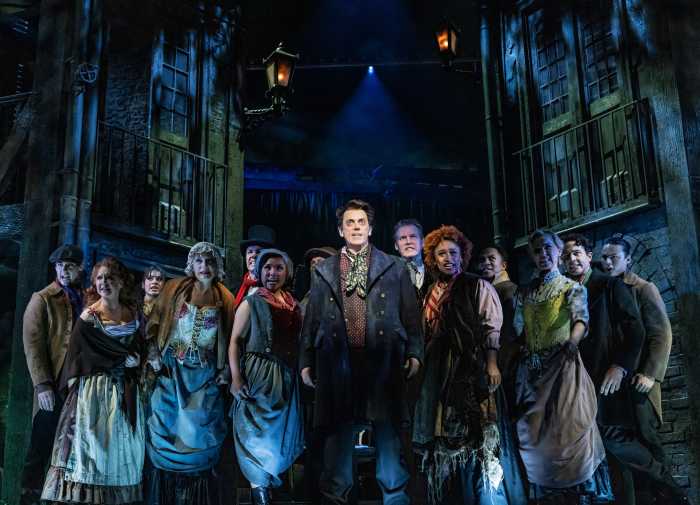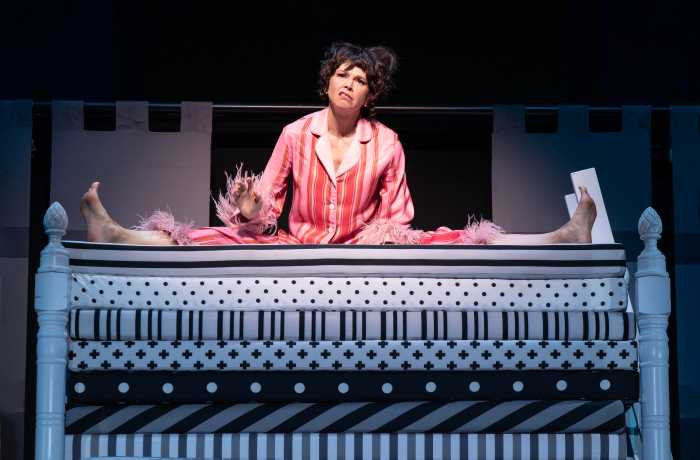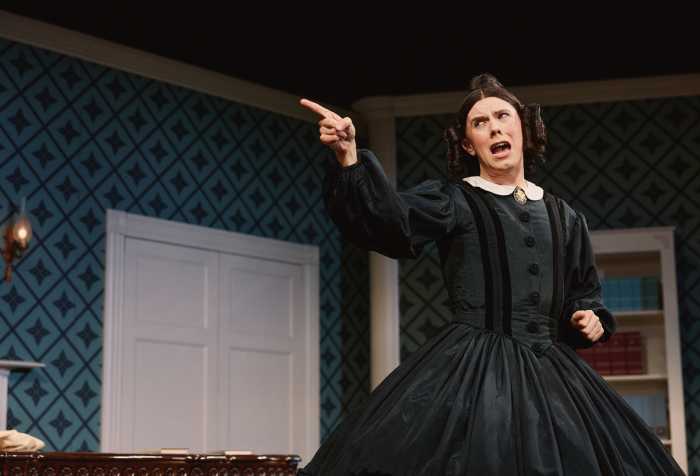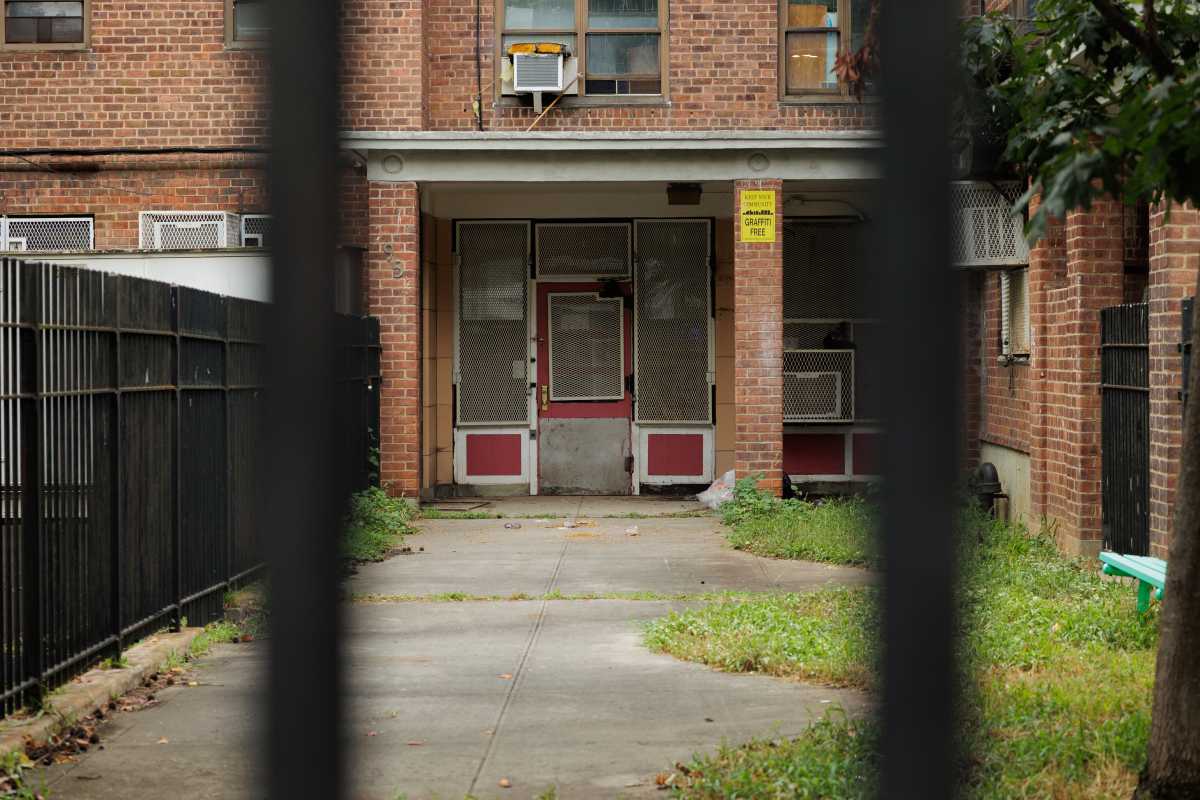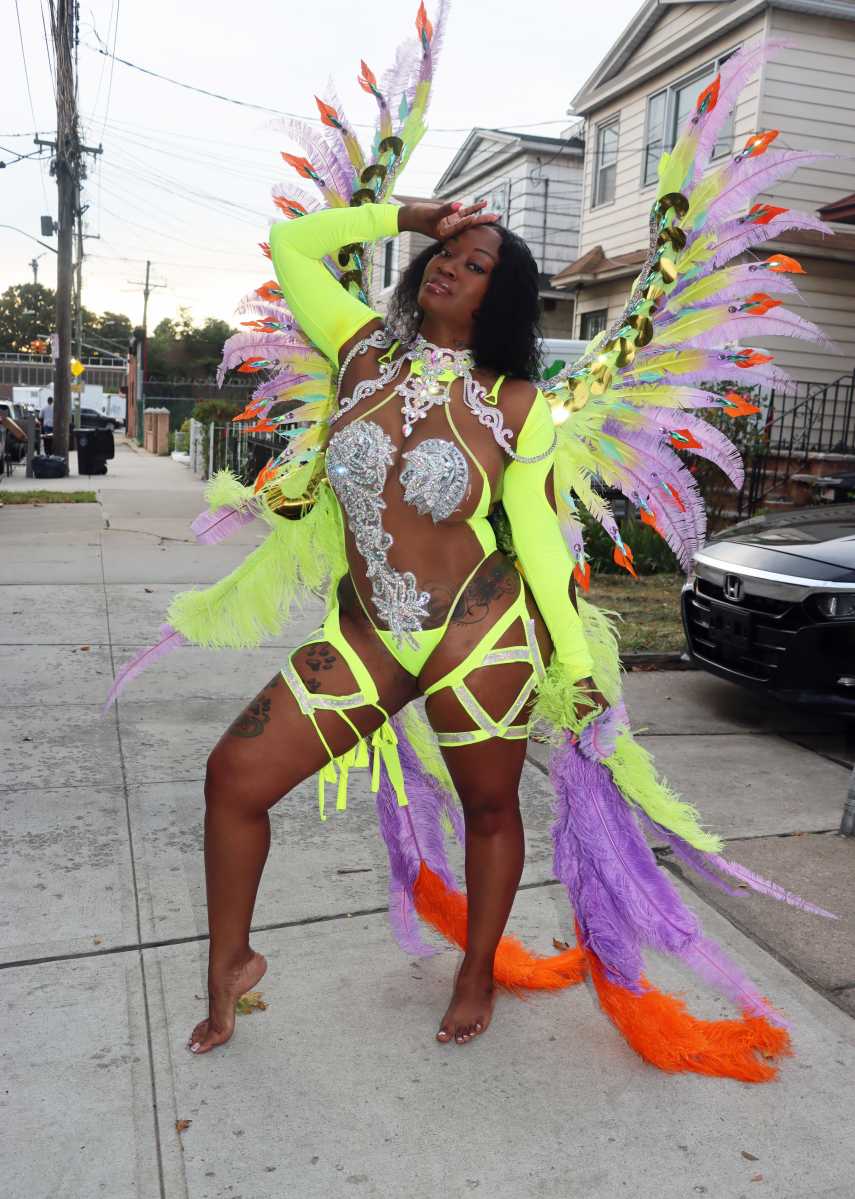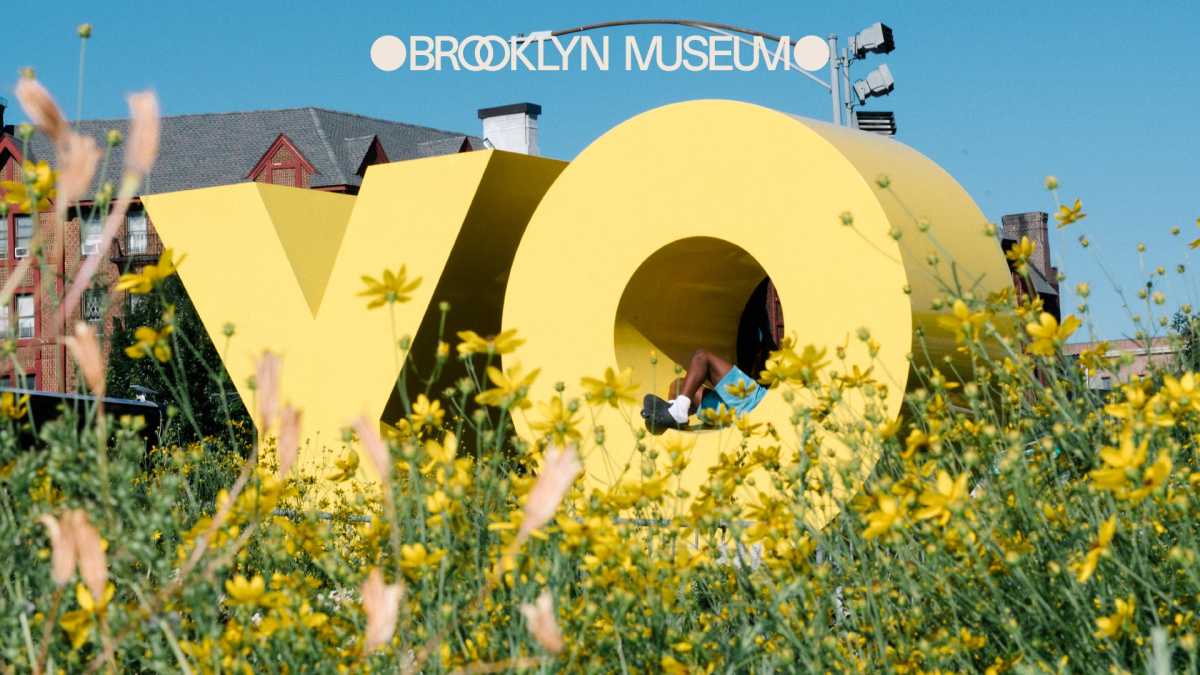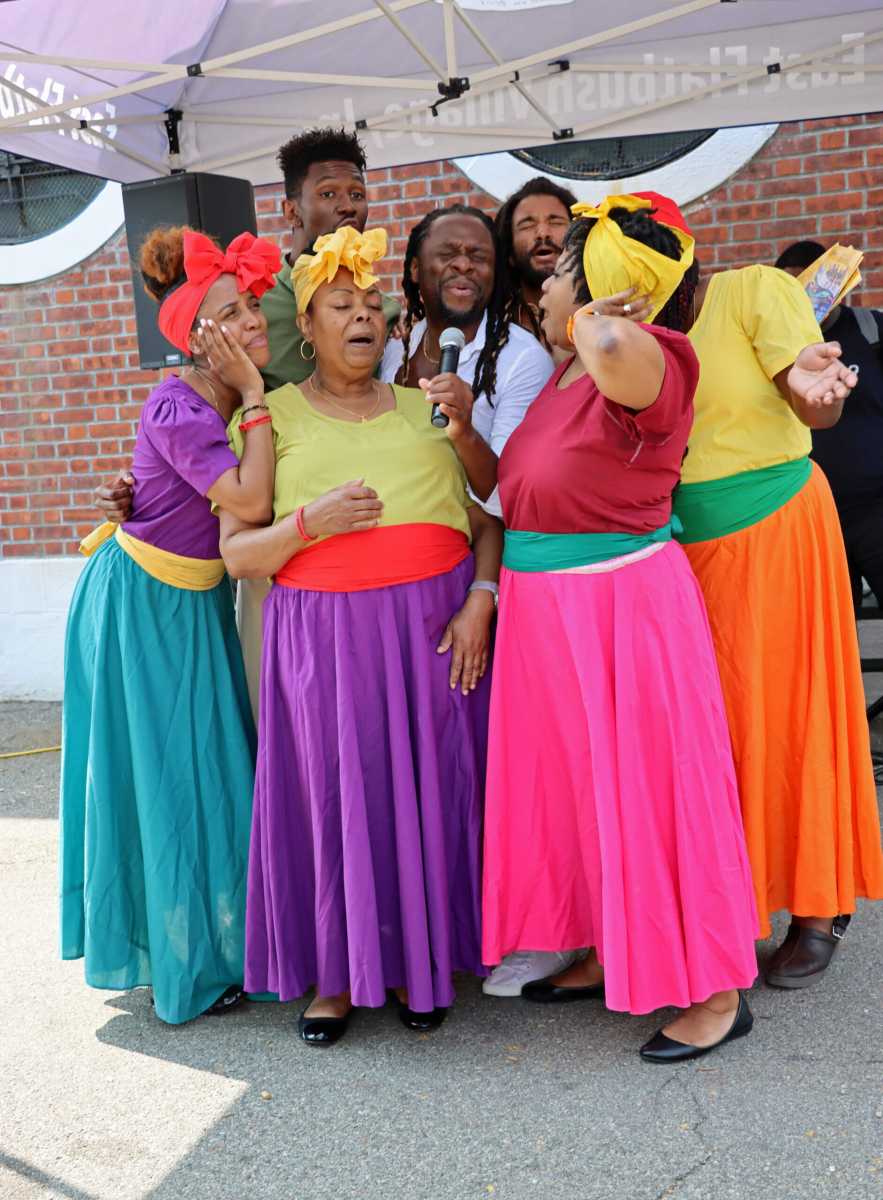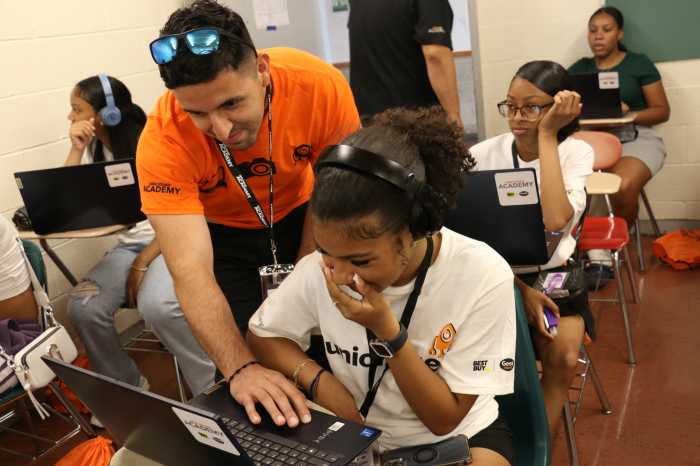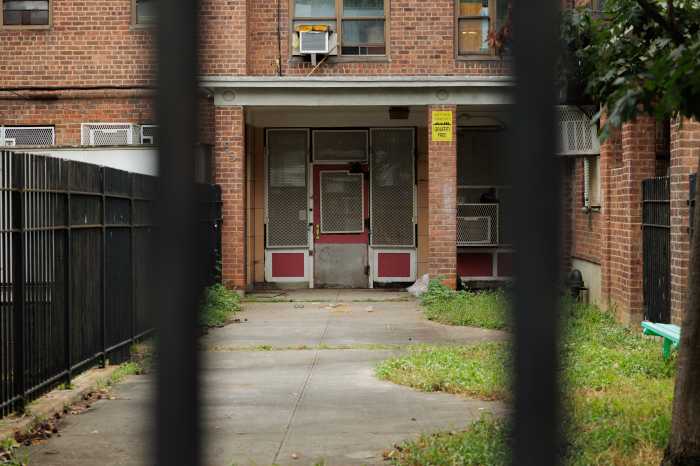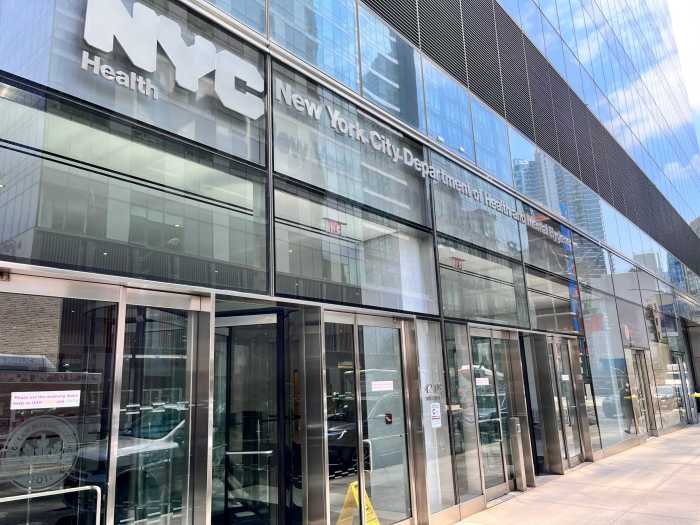“Sing out, Louise”—but not for much longer. The acclaimed Broadway revival of “Gypsy,” starring six-time Tony Award winner Audra McDonald and directed by George C. Wolfe, will end its run at the Majestic Theatre on Aug. 17, after 28 previews and 269 regular performances. Tickets had previously been on sale through Oct. 5.
The revered 1959 musical — with a book by Arthur Laurents, music by Jule Styne, and lyrics by Stephen Sondheim — follows Rose, a domineering mother whose ruthless pursuit of vaudeville stardom for her daughters is as thrilling as it is unsettling. It is frequently revived not only because of its extraordinary quality but also because Rose remains one of the richest and most demanding roles in the musical theater canon.
This revival of the musical was historic: McDonald became the first Black actress to play Rose on Broadway, leading a production that earned raves. But while ticket sales were solid throughout much of the engagement, it never became the kind of must-see hit its backers had hoped for. The producers have not addressed whether the show recouped its investment, but given the scale and cost of the production, it’s reasonable to assume it will close at a significant financial loss.
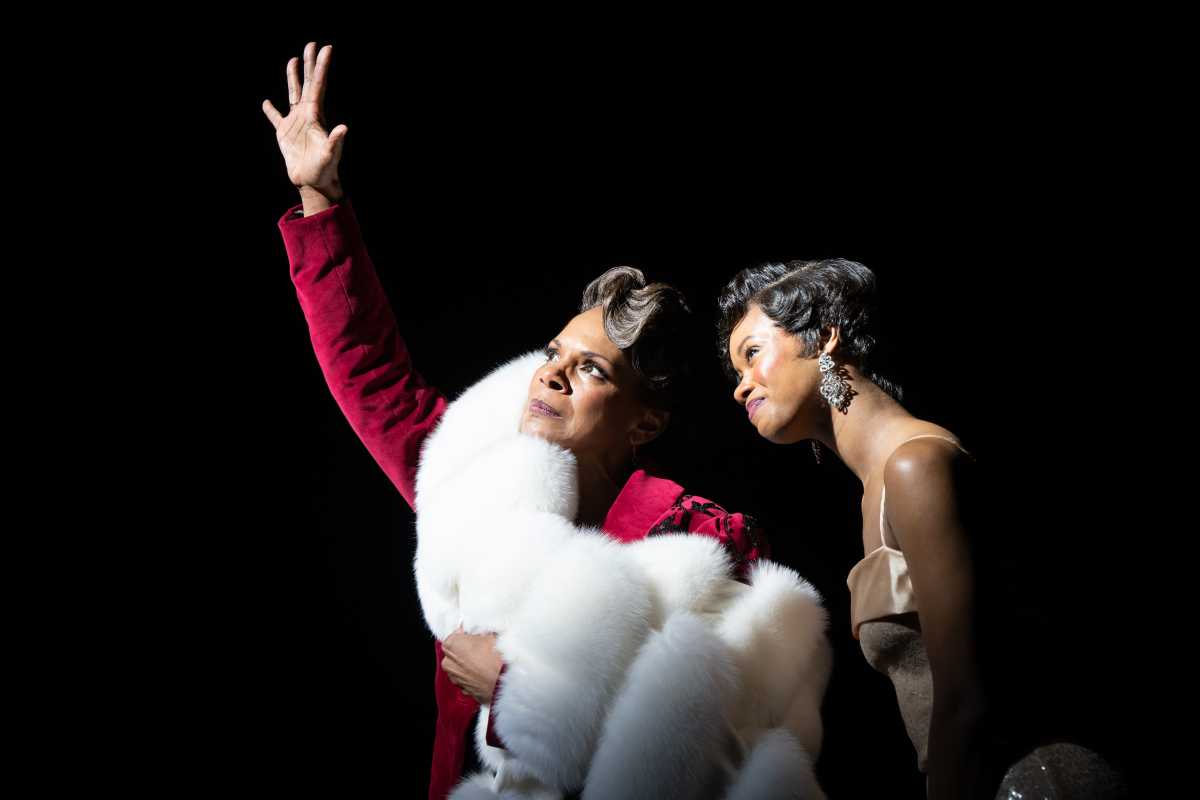
Even if the run had continued, McDonald likely would have exited soon. She was already scaling back her performances due to the vocal and physical demands of the role, with Montego Glover announced to play Rose at select performances in August. Finding another Black actress (a necessity to maintain this production’s concept) who could both handle the role and sell tickets would have been a steep, if not impossible, challenge.
Most commercial musical revivals don’t last beyond a year, and “Gypsy” has already had two major Broadway productions in recent memory: one in 2003 with Bernadette Peters and another in 2008 with Patti LuPone. For many theatergoers, this production did not feel essential until they saw it.
Unlike “Sunset Boulevard,” which played across the street, “Gypsy” wasn’t headlined by a pop star making her Broadway debut in a radical reinterpretation. That production, starring Nicole Scherzinger and directed by Jamie Lloyd, was a divisive sensory overload that turned into a full-blown media event. Even people with no special affection for “Sunset Boulevard” felt compelled to see it.
By contrast, Wolfe’s staging didn’t radically alter “Gypsy” but gently recontextualized it, creating a production that felt both classic and contemporary. Early on, it appeared he might explore more overtly what it means for Rose to be a Black woman chasing white cultural success, but the text was left intact, and the production ultimately struck a careful balance, adding a fresh interpretive lens without compromising the show’s core. Camille A. Brown’s new choreography brought unexpected movement and energy to scenes long associated with Jerome Robbins’ original dances.
At the center of it all was McDonald, who gave one of the most emotionally textured and vocally distinctive interpretations of Rose to date. Her performance was less bombastic than some of her predecessors but richer in character nuance.
Danny Burstein brought soft-spoken heartbreak to Herbie, Joy Woods delivered a graceful and steely turn as Louise, and Lesli Margherita offered a delightfully funny, fully in-character performance as Tessie Tura.
If a revival as strong and carefully crafted as this one, featuring one of Broadway’s most respected performers, can’t break even, it raises questions about the commercial viability of traditional musical revivals that lean on theater talent rather than celebrity, and on fidelity rather than flash.
“Gypsy” will be back someday. But it may take a fresh concept, or a star from outside the theater world, to make it work commercially.
Until then, this production reminds us that a revival can break new ground and explore fresh perspectives while remaining faithful to the source material and without relying on flashy gimmicks.
Also Read : https://www.amny.com/news/manhattan-subway-stabbing-07192025/





